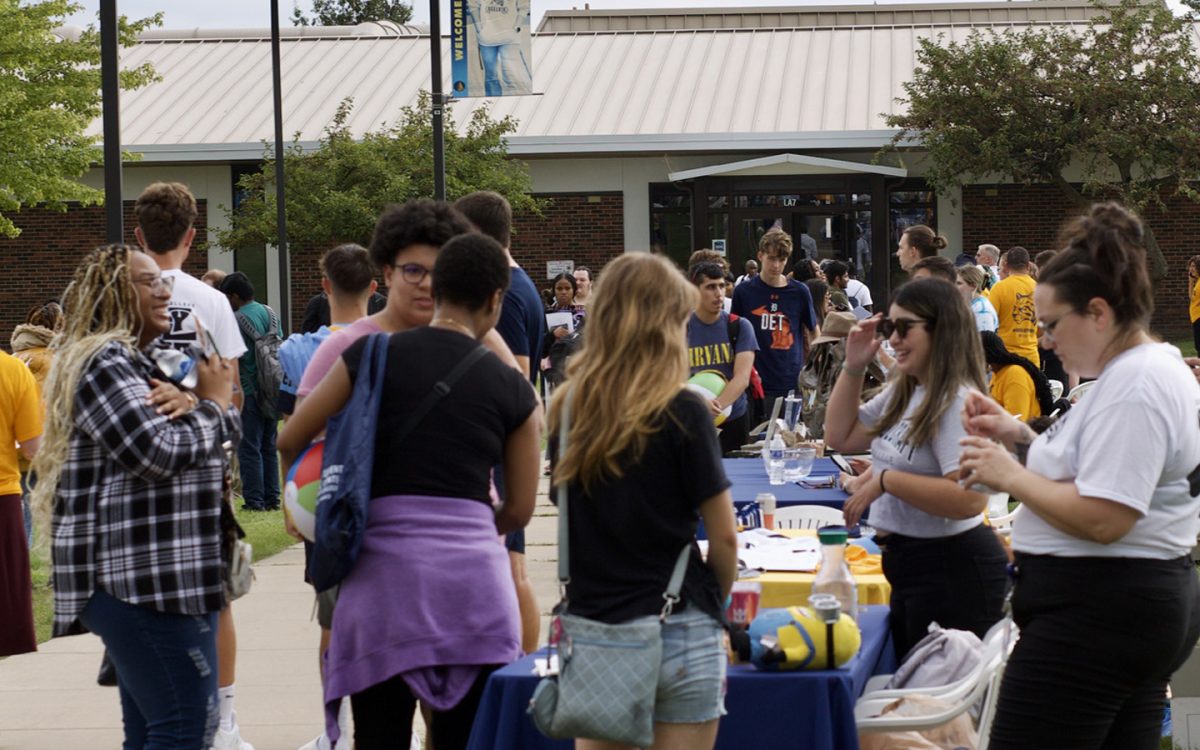High schoolers and transfer college students already deal with issues outside of their athletic life, including life at home, health concerns and school work. These external factors lead to stressful situations and unnecessary pressure, likely lessening their overall athletic performance.
Furthermore, there are many ethical issues in the sports industry like coaching, athletic identity, injuries and more that additionally strain athlete’s mental and physical stability. One that sticks out more than others is improper recruiting, which can lead to all the other problems as mentioned above.
On the technical side, recruiting in college sports is the process when athletic coaches add prospective student athletes to their roster. Most times, coaches will give athletic scholarships to athletes in their junior or senior year of high school. Truthfully, this works as an incentive to get that athlete to sign with your program and attend your school. Recruiting is done through research, social media, marketing campaigns and engaging with athletes or recruiting events. This is an exciting process for amateur athletes because it gives them a sense of what their future as an athlete could be like. Despite all this, recruiting practices can come with ethical concerns.
An education company, Brainly, this past November answered questions about ethical concerns in recruiting. They believe that recruitment isn’t all sunshine and rainbows.
According to the article, “The way athletes are recruited and selected can have a significant impact on fairness, equal opportunities and the overall integrity of the sport.”
If someone on your team hasn’t been selected fairly, others naturally start to build feelings of resentment. Every athlete’s shot of making it to a college level and even the pros is valuable. Having to put that to the side or behind must be a hard pill to swallow. As far as integrity goes, someone is clearly being dishonest during the process and not abiding by certain rules, making them untrustworthy. Arguably, the majority of athletes want a team of leaders who they can count on; not ones who may be deceitful.
A different aspect of the effects on athletes is the stress this provides them with. He or she may be considered a gifted athlete, yet failure to follow policies could ruin their chances. A recent September article published on Linkedin by Global13 suggested a similar thought.
According to the article, “Issues like recruiting improperly, covering up player misconduct, over-training athletes or cutting corners to gain competitive advantage can arise.”
No one should feel this amount of stress, let alone a young athlete who’s just trying to navigate their life. Besides, teens already experience unprecedented amounts of peer pressure and the sentiments are echoed in the Global13 article.
“The constant pressure to win and keep jobs can test principles.”
Nothing could make this statement truer.
An overtrained body will eventually need a rest and someone under high amounts of stress might feel like they will burnout. Adding dishonest coaches into your life or being granted a lesser advantage to a hard working athlete’s life just doesn’t go hand in hand. It may be safe to assume that life, jobs, school, sports and relationships all combined in one are already plenty for the average person and in this case, an athlete.
On the flip side, coaches are holding something back which must keep them on their toes. Can you imagine holding something back that you know is completely wrong?
Unfortunately it isn’t uncommon for the truth to be kept a secret, it’s seen so much in today’s society.
In 2008, Sports Management Resources published an article providing thoughts on the coaching side of improper recruiting. Certain cases are so unfair, that there’s nothing more to do than fire someone. That might have been the best coach, but they just can’t be honest. According to the article, “Negative recruiting is not an acceptable tactic. Violation of this policy may result in immediate termination of employment.” In many cases this is not far from the truth and good coaches are let go.
To conclude, aspects of building a roster poorly can ultimately ruin the chances of someone with incredible talent. Failure to follow proper rules and regulations end up costing the athlete when it’s likely not their wrong doing in the first place. No one’s chance should be jeopardized because of the rules not being followed, and that’s why unethical recruiting is very wrong.














